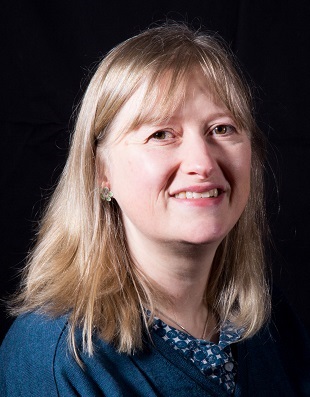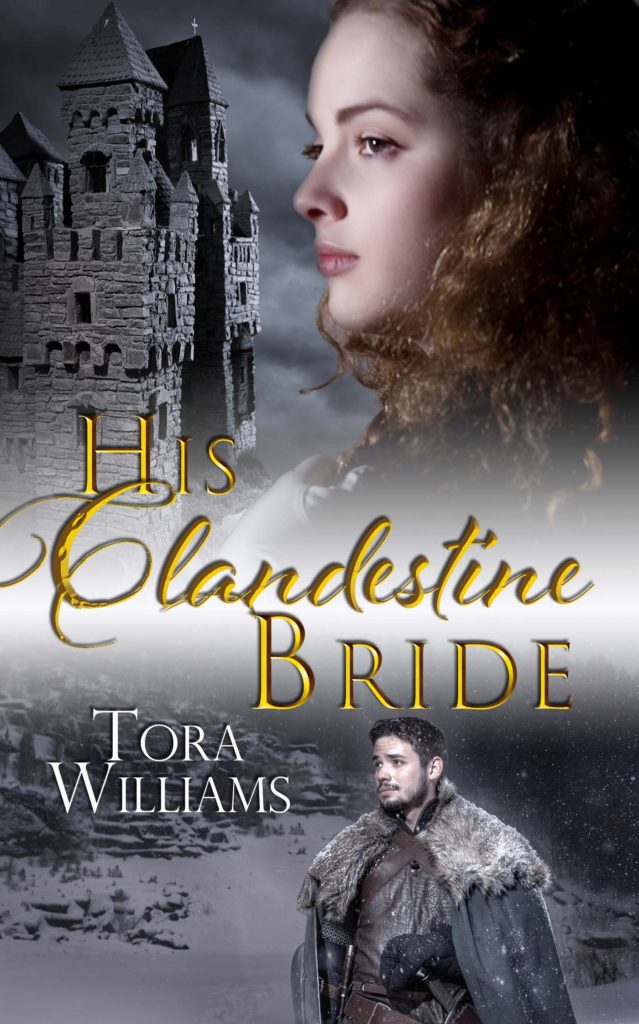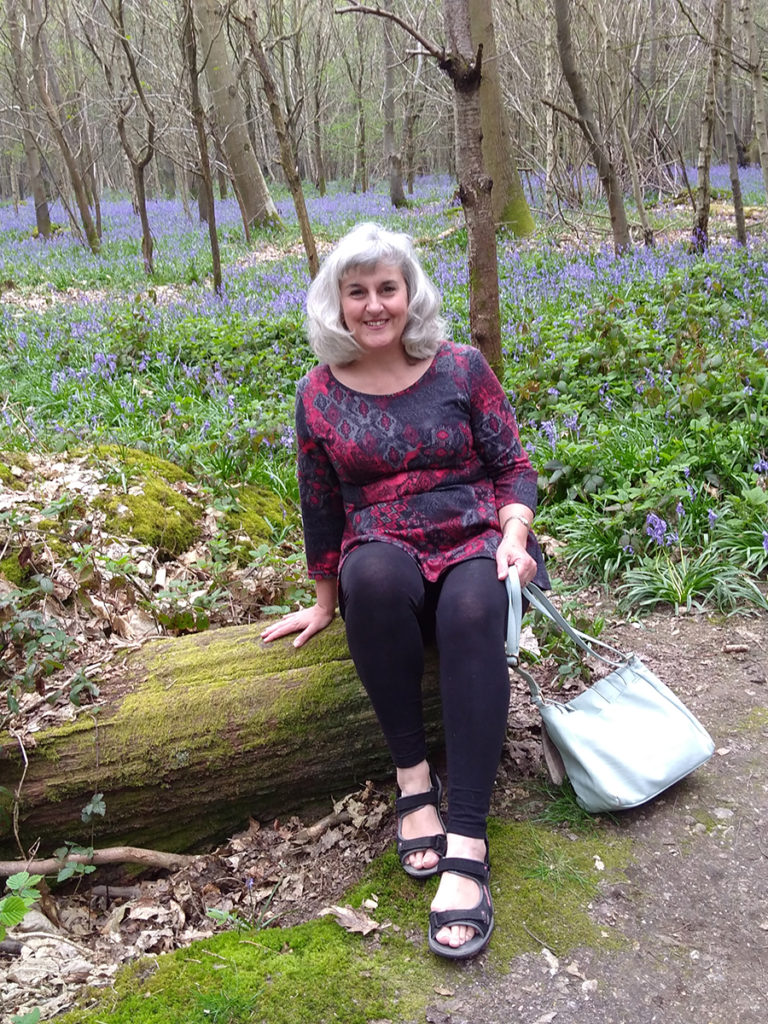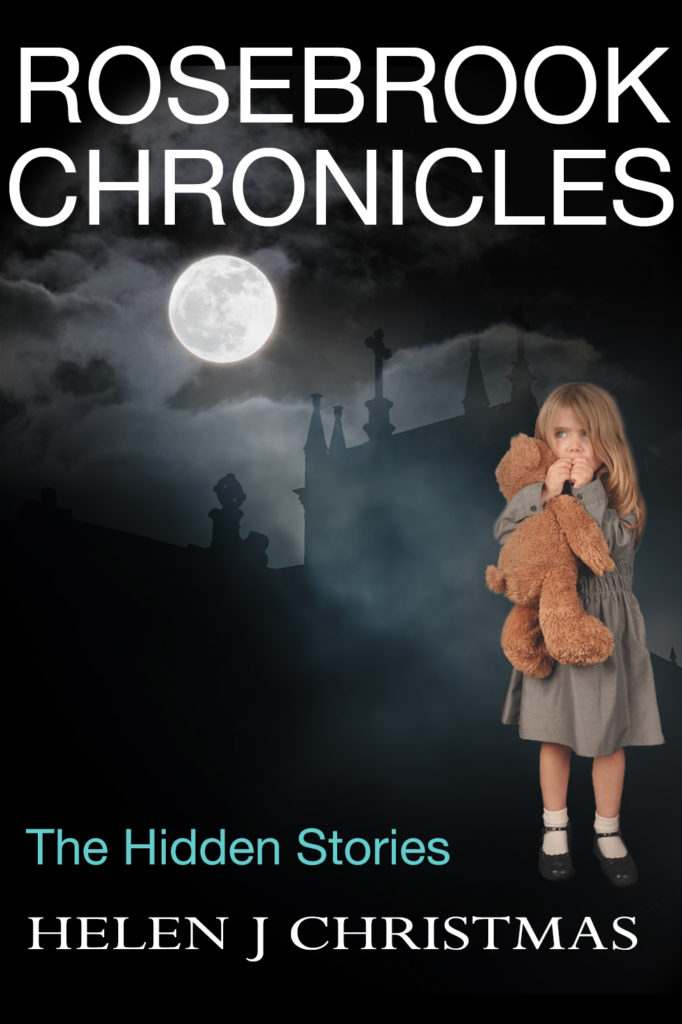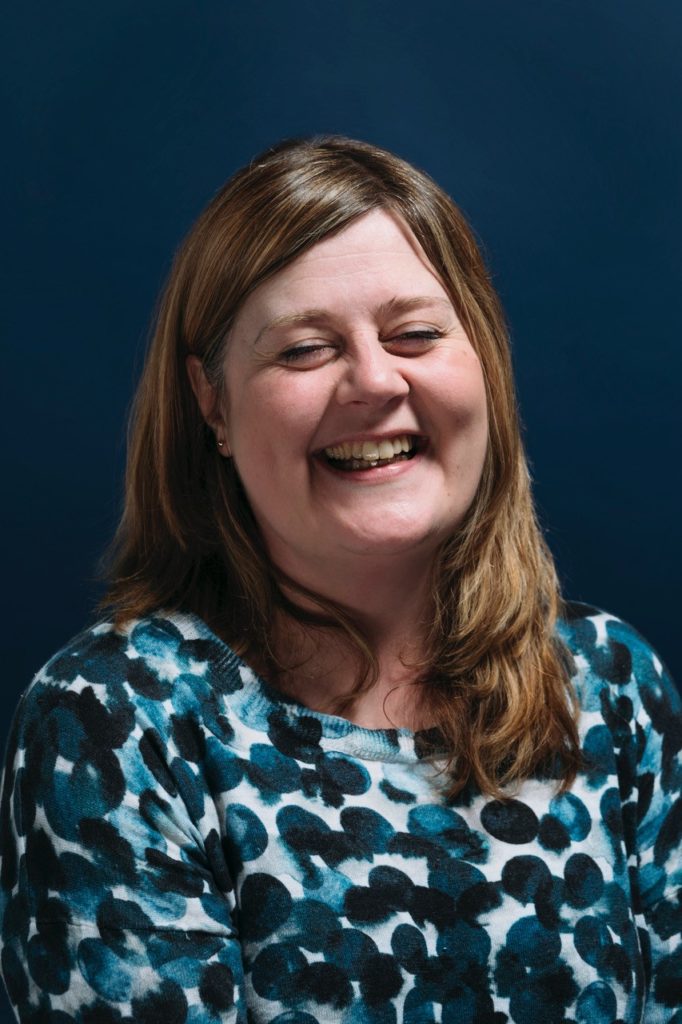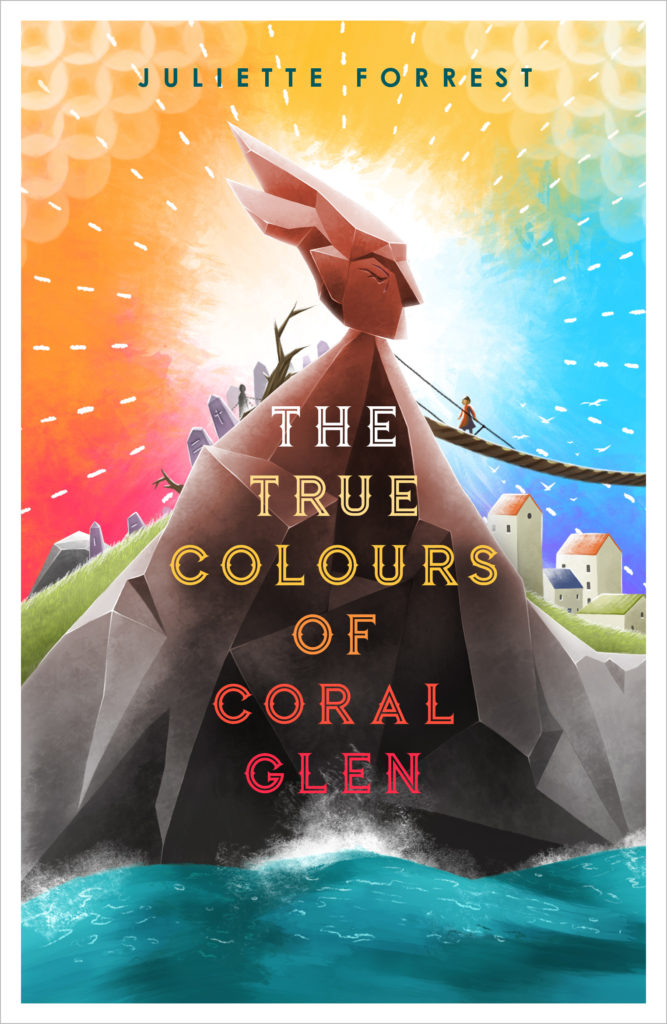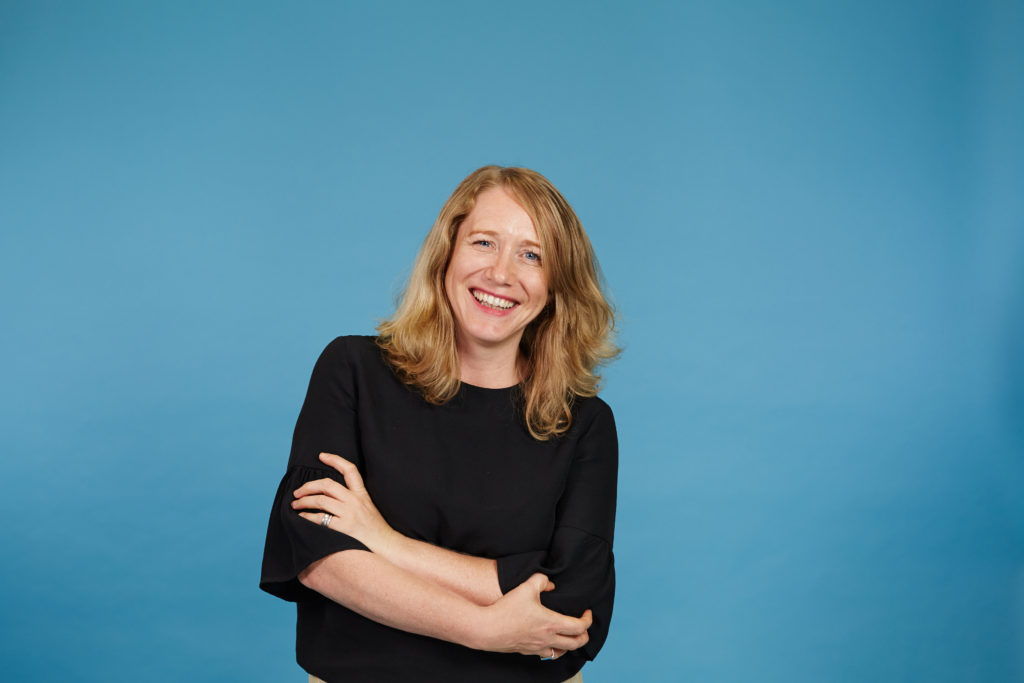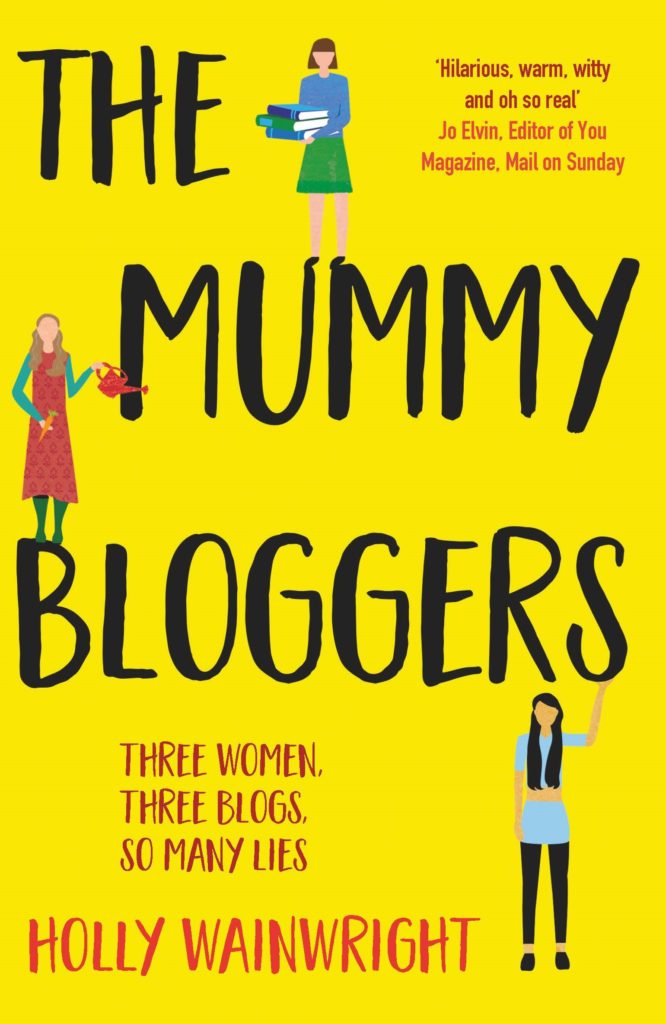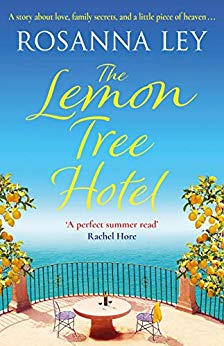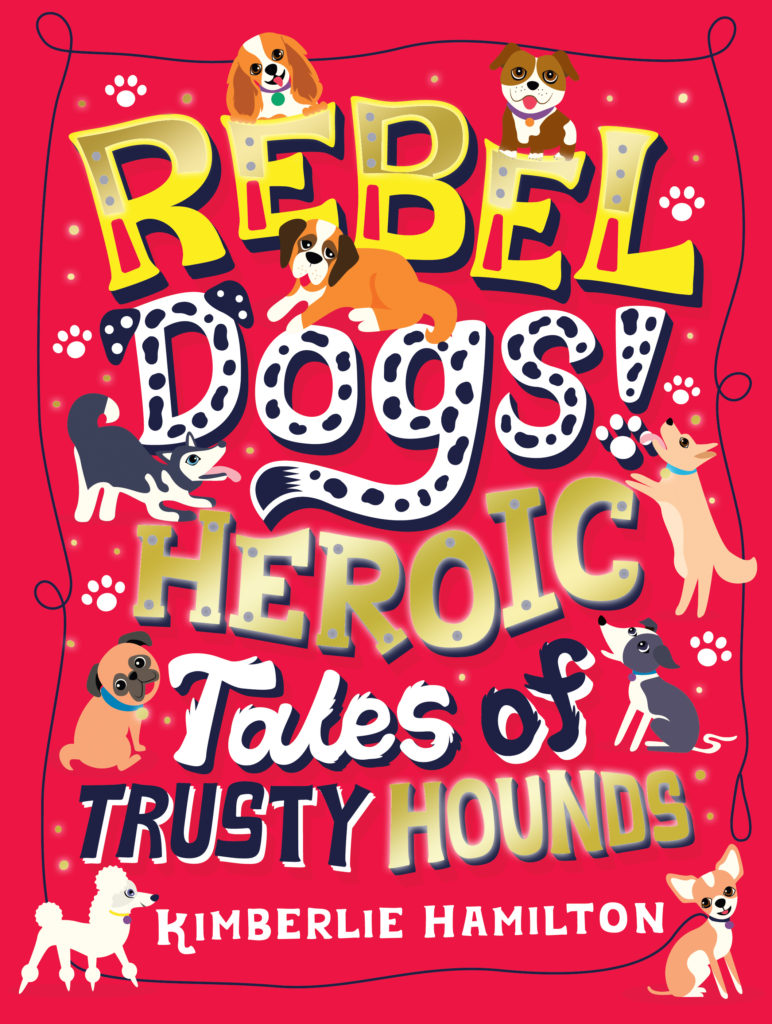 I used to live in sunny Southern California and now live in misty Northern Scotland with four cats. Life has been a whirlwind ever since I moved to the UK a year and a half ago – lots of travel, enrolling in a Master’s programme at the University of Aberdeen, getting an agent, earning a coveted “Blue Peter” badge and publishing three books. I’m currently working on a new book (my third for Scholastic UK) and will be presenting at the Edinburgh International Book Festival for the first time this August Really looking forward to that.
I used to live in sunny Southern California and now live in misty Northern Scotland with four cats. Life has been a whirlwind ever since I moved to the UK a year and a half ago – lots of travel, enrolling in a Master’s programme at the University of Aberdeen, getting an agent, earning a coveted “Blue Peter” badge and publishing three books. I’m currently working on a new book (my third for Scholastic UK) and will be presenting at the Edinburgh International Book Festival for the first time this August Really looking forward to that.
I have written all sorts of things over the years, including advertising copy, travel brochures and blogs, screenplays, newspaper articles, websites, PR and marketing materials, digital content and even some teaching materials (for my English language students in Kyoto, where I once lived). But my true passion is writing entertaining nonfiction books for children ages 8 to 12.
My latest book is Rebel Dogs! Heroic Tales of Trusty Hounds, published by Scholastic UK (August 2019). It features 30 real-life dogs that all did something amazing and memorable with their lives, plus pages and pages of fascinating trivia about canines across the centuries. It’s the follow up to Rebel Cats! Brave Tales of Feisty Felines (November 2018).
I write nonfiction and that requires a load of research, both online and the old-fashioned way, with proper books. After a stack of ‘source material’ starts to pile up, I go through everything, type up a rough outline, and begin distilling and editing. I always edit my manuscripts with a pen, then re-type all my messy scribbled notes the next morning to get myself back into a productive writing groove for the day.
Do you plan or just write?
I’m a Virgo, which means I always plan everything down to the tiniest detail. I’ve met other authors who work without a plan – they simply write a scene here and a scene there and somehow it all magically comes together in the end. I cannot relate to these people at all! I think most nonfiction writers need a structure of some sort.
What about word count?
In the initial phase of writing, I don’t think much about it. I tend to be a very concise writer, even when not writing for children, so there’s little chance of me ‘going off the reservation’ in terms of excess prose. With the Rebel titles, the books were designed and formatted while I was working on the manuscripts, so the Art Director was able to tell me precisely how many characters would fit on each page. I loved that. It was like a game for me, making sure everything fit just right.
What do you find hard about writing?
For me (and I suspect most writers), everything about writing is hard. I vastly prefer editing. Sometimes I think I write just so I have something to edit.
What do you love about writing?
I love the challenge of taking something based on fact and making it sound as playful and entertaining as a good piece of fiction. Tough to do so it’s very satisfying when I actually manage to pull it off.
Advice for other writers.
My first real job after university was as an advertising copywriter, and everyone in the agency worked way too many hours. But my boss encouraged me to get out of the office and read and travel and see movies and try new things…to experience life to the fullest. He said that the creative spirit is like a battery that needs to be recharged now and then. Life experiences are what sparks and feeds creativity.
@ScholasticUK | youtube.com/ScholasticFilmsUK | facebook.com/ScholasticUK | instagram.com/scholastic_UK

